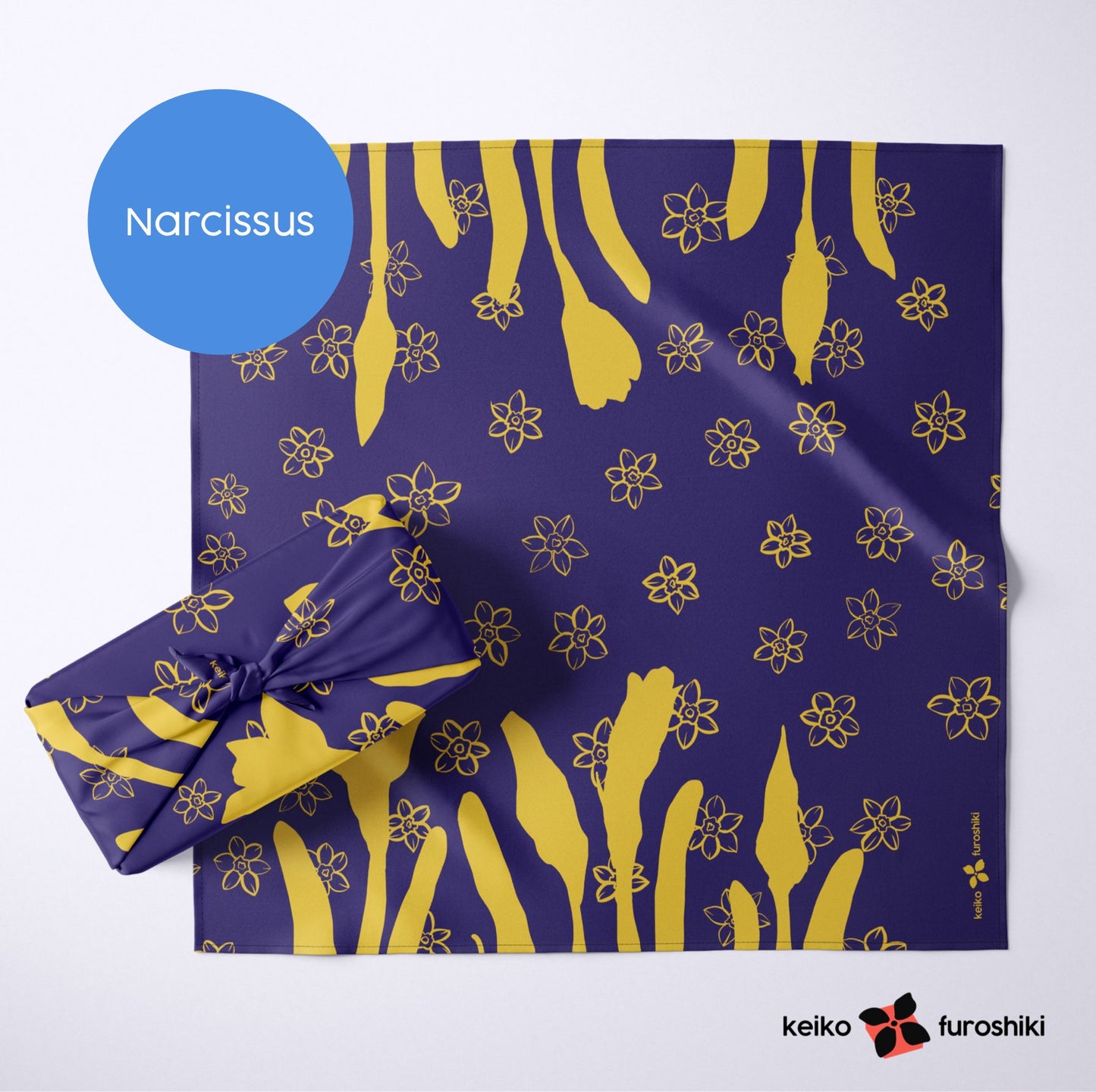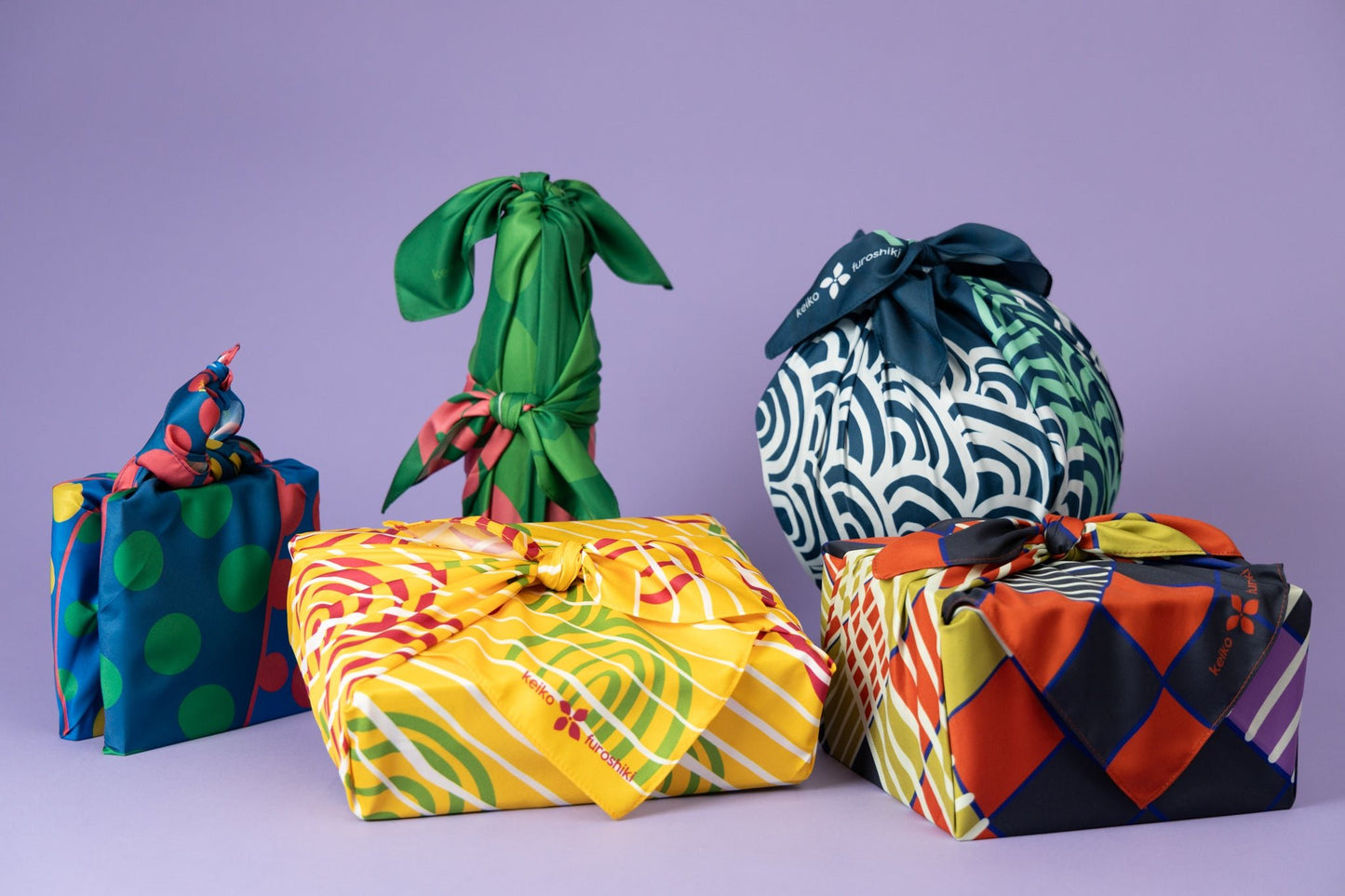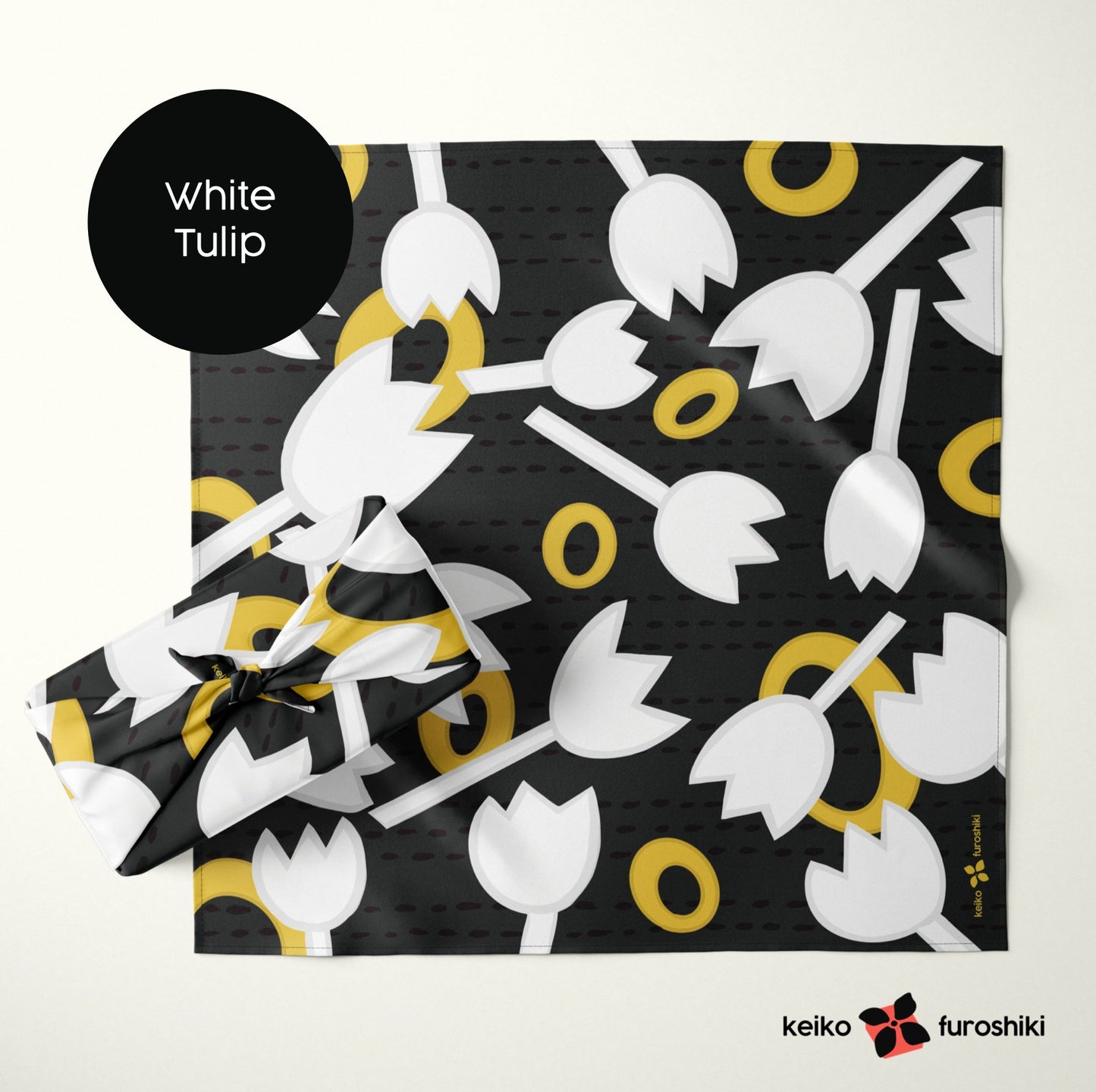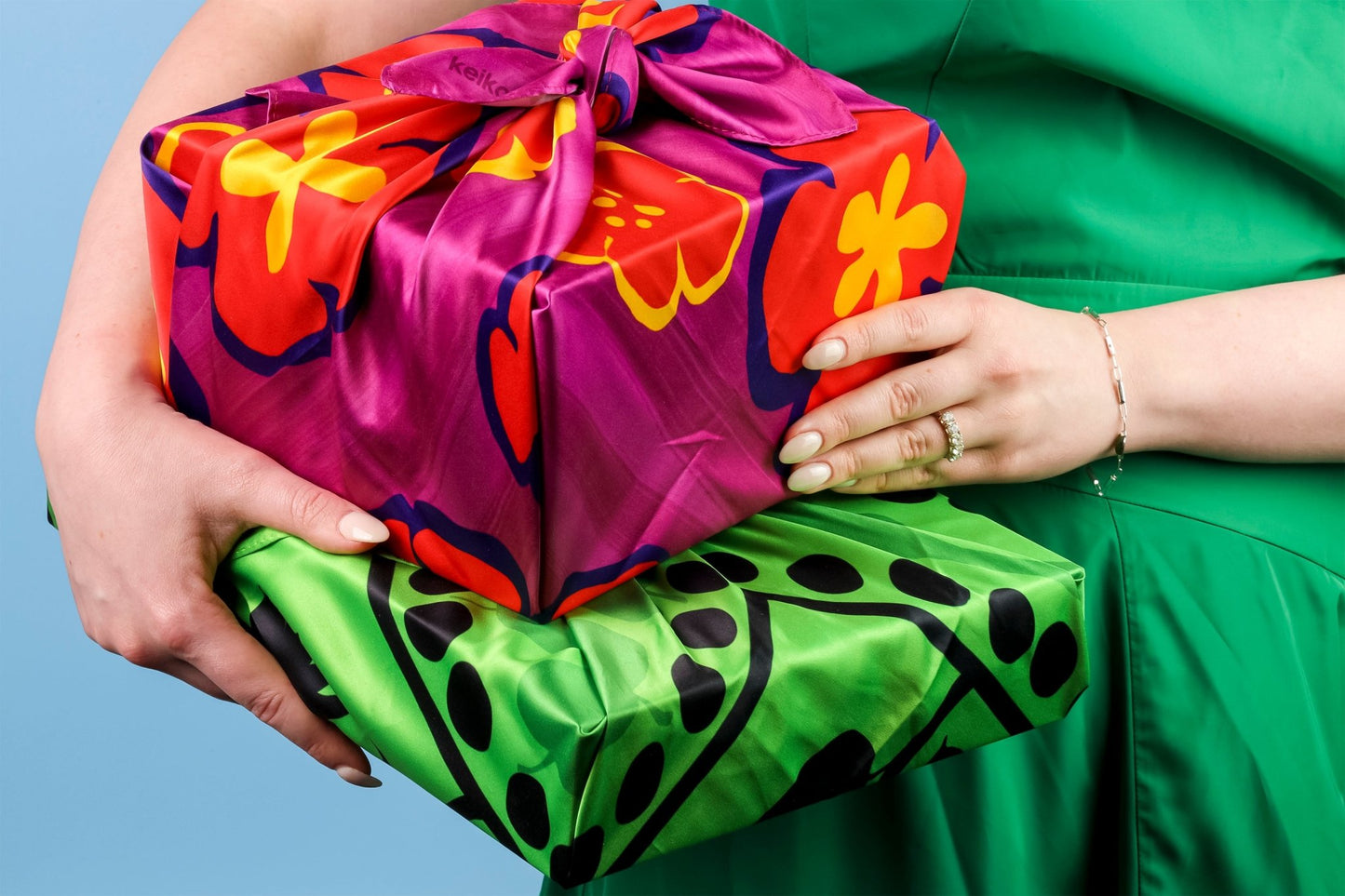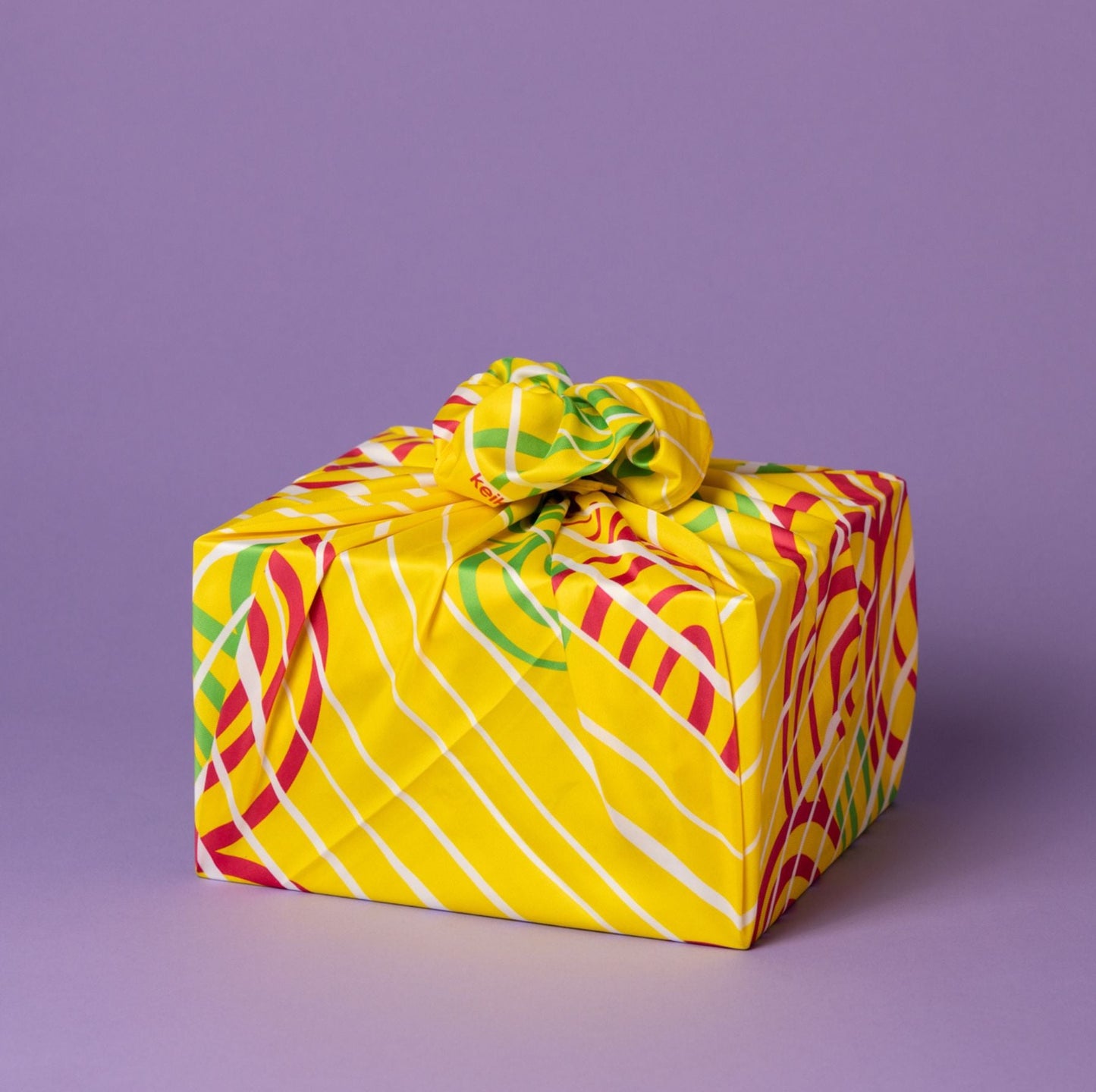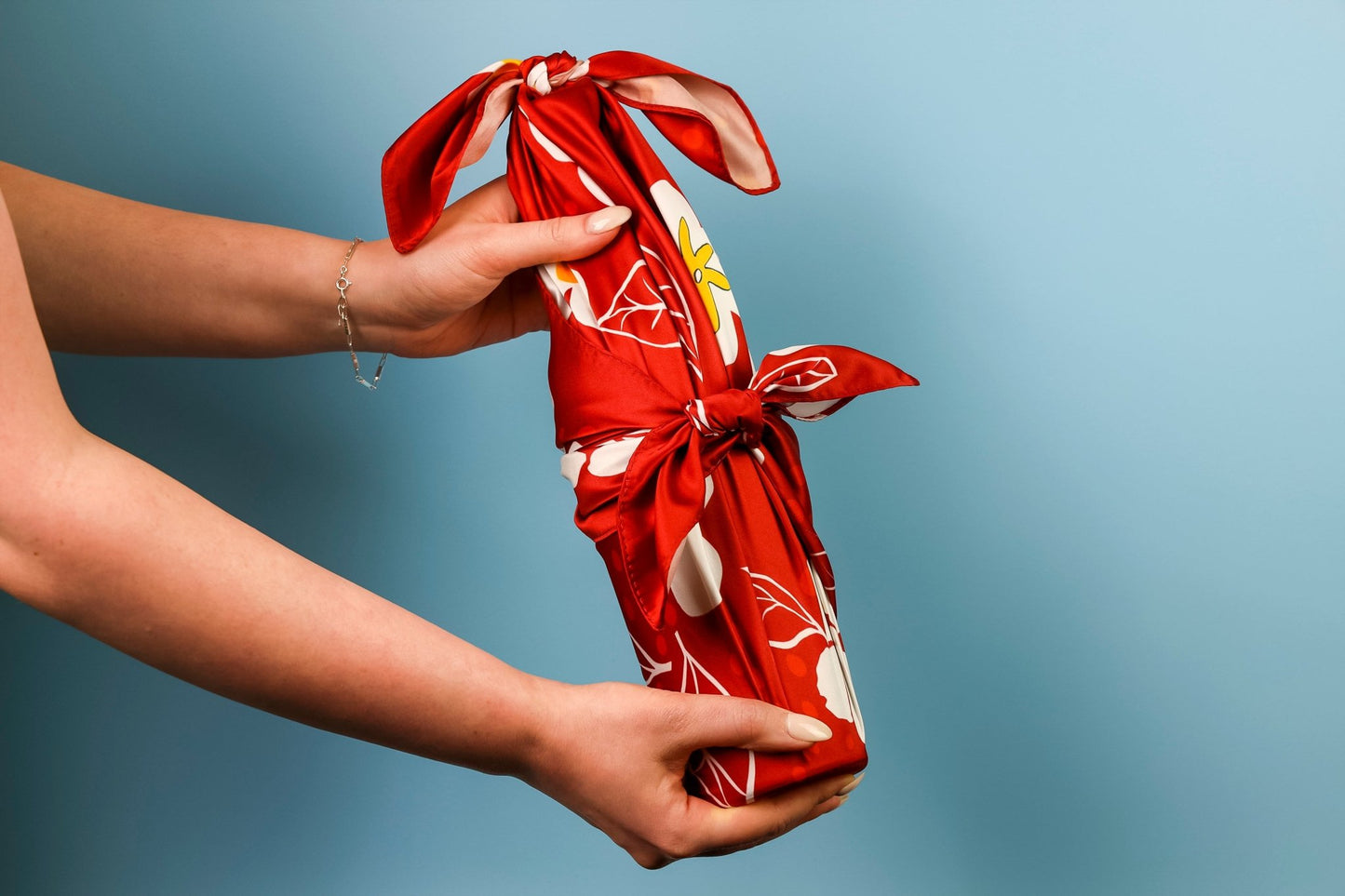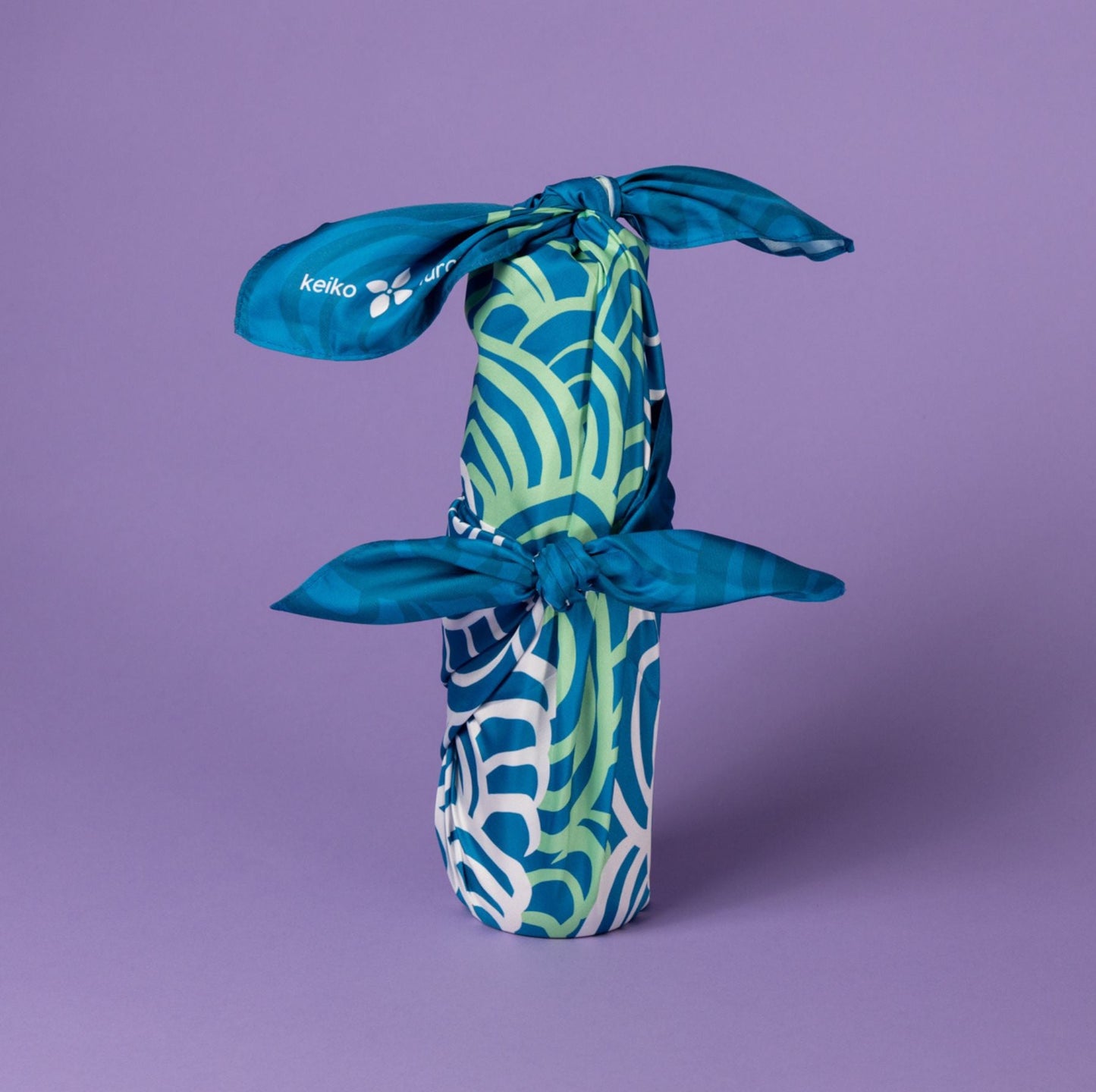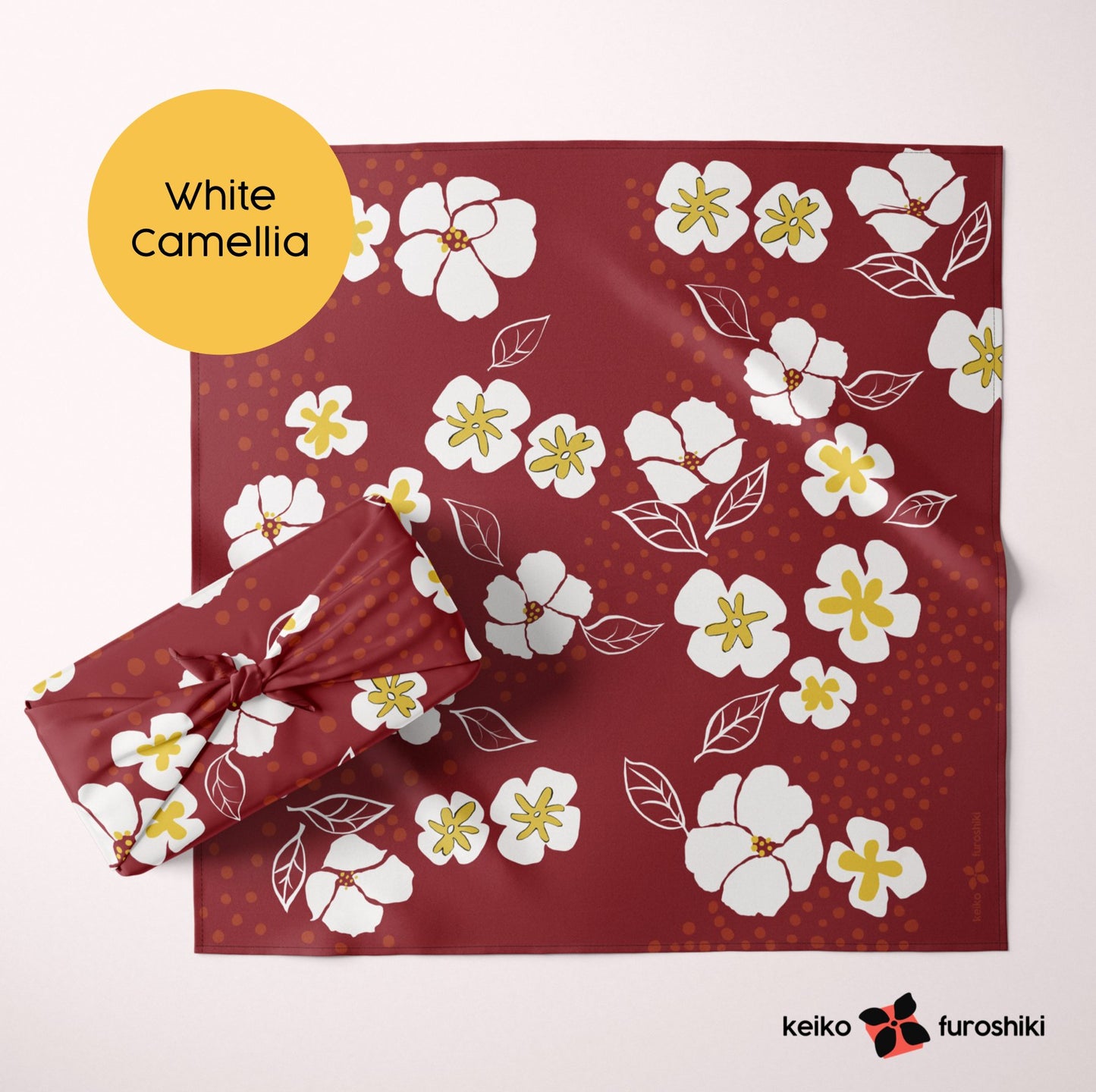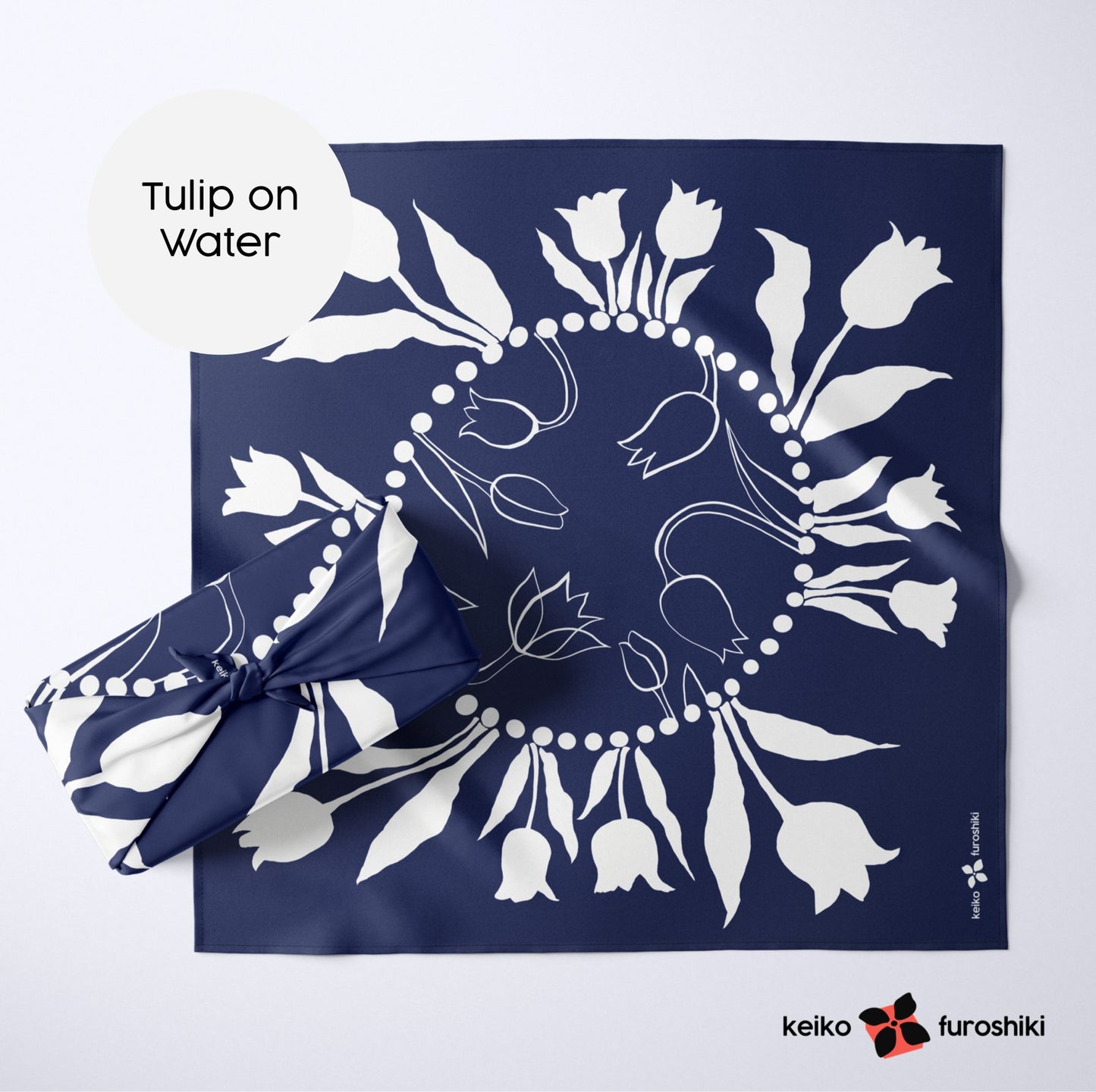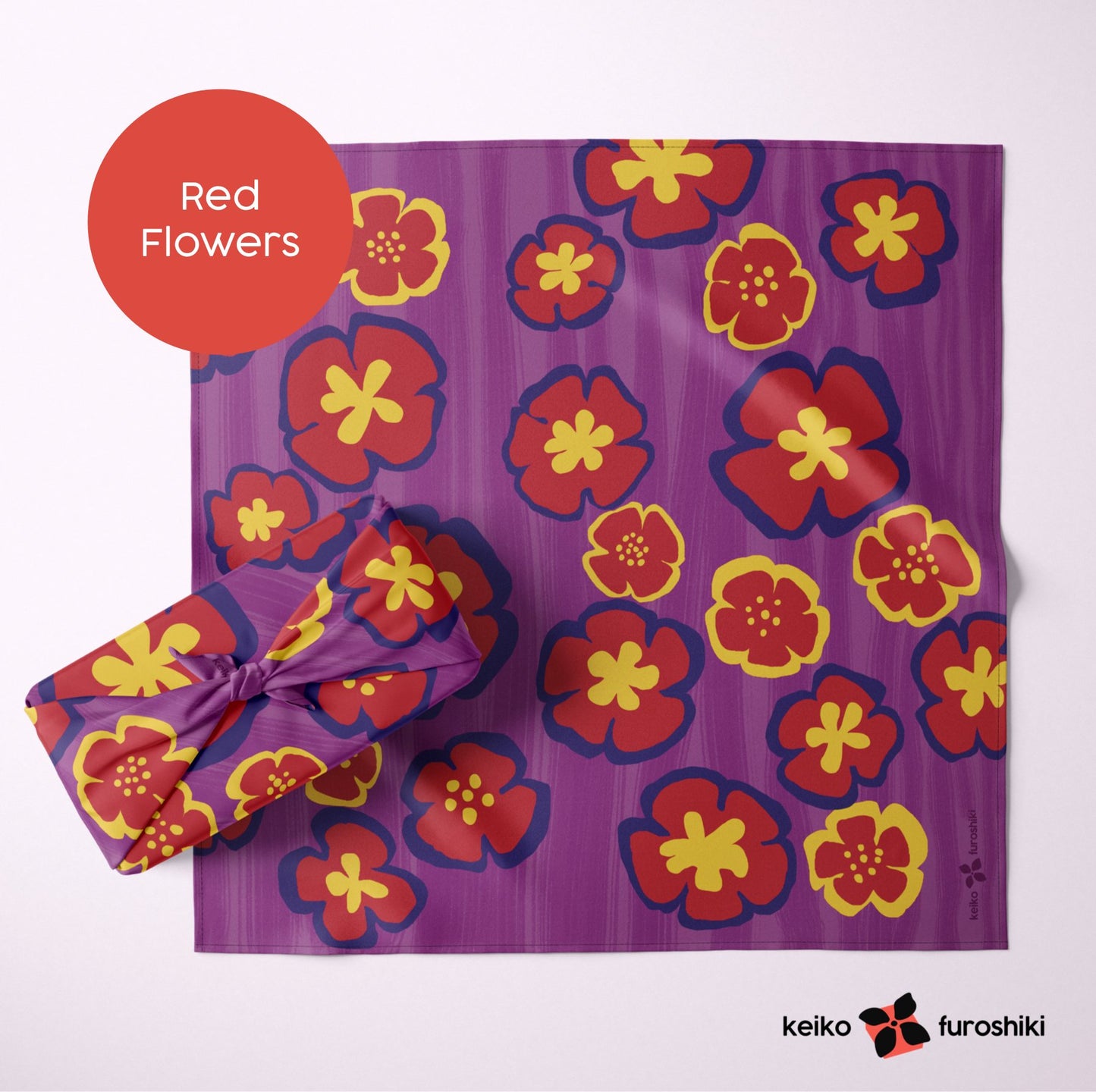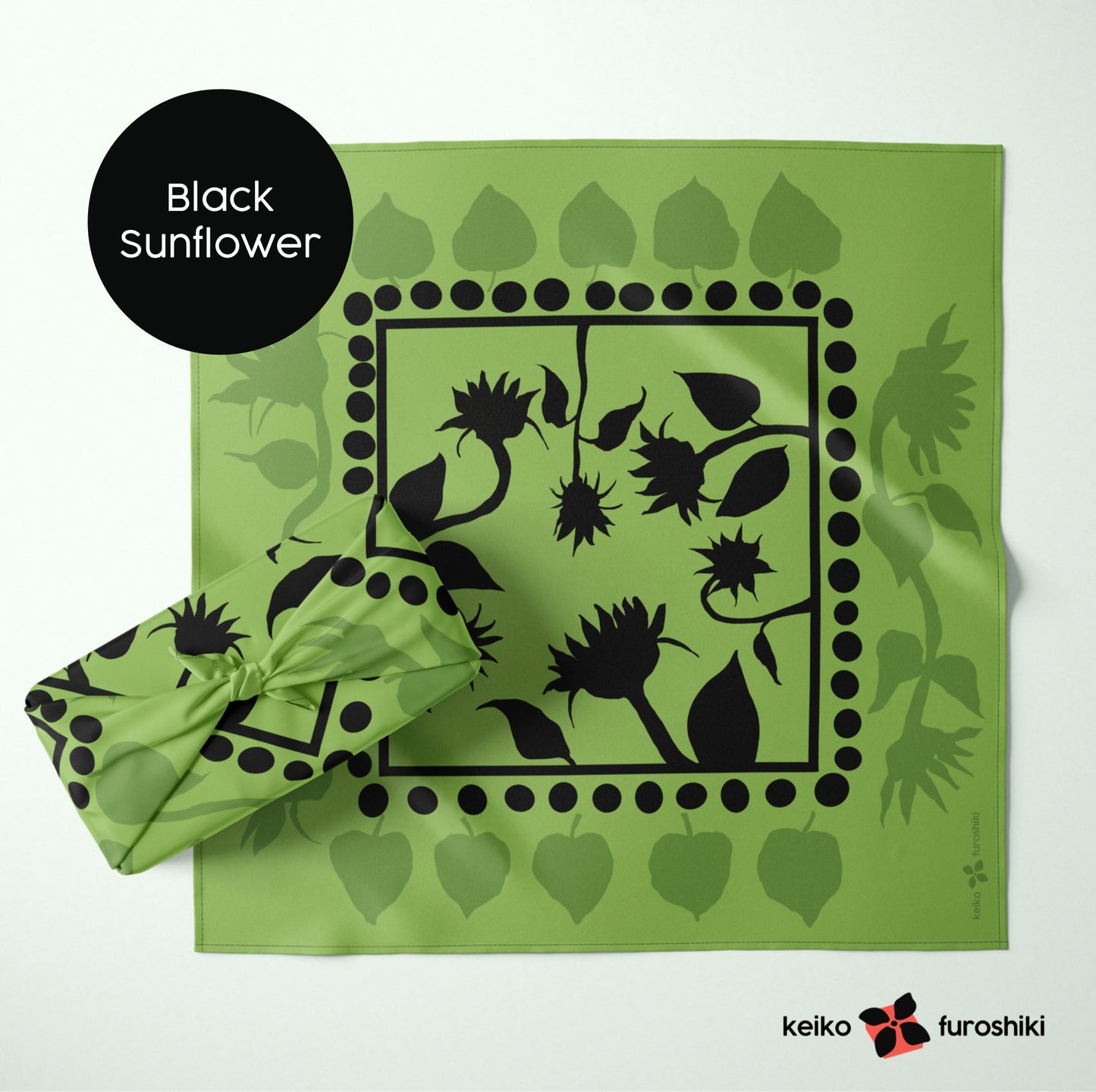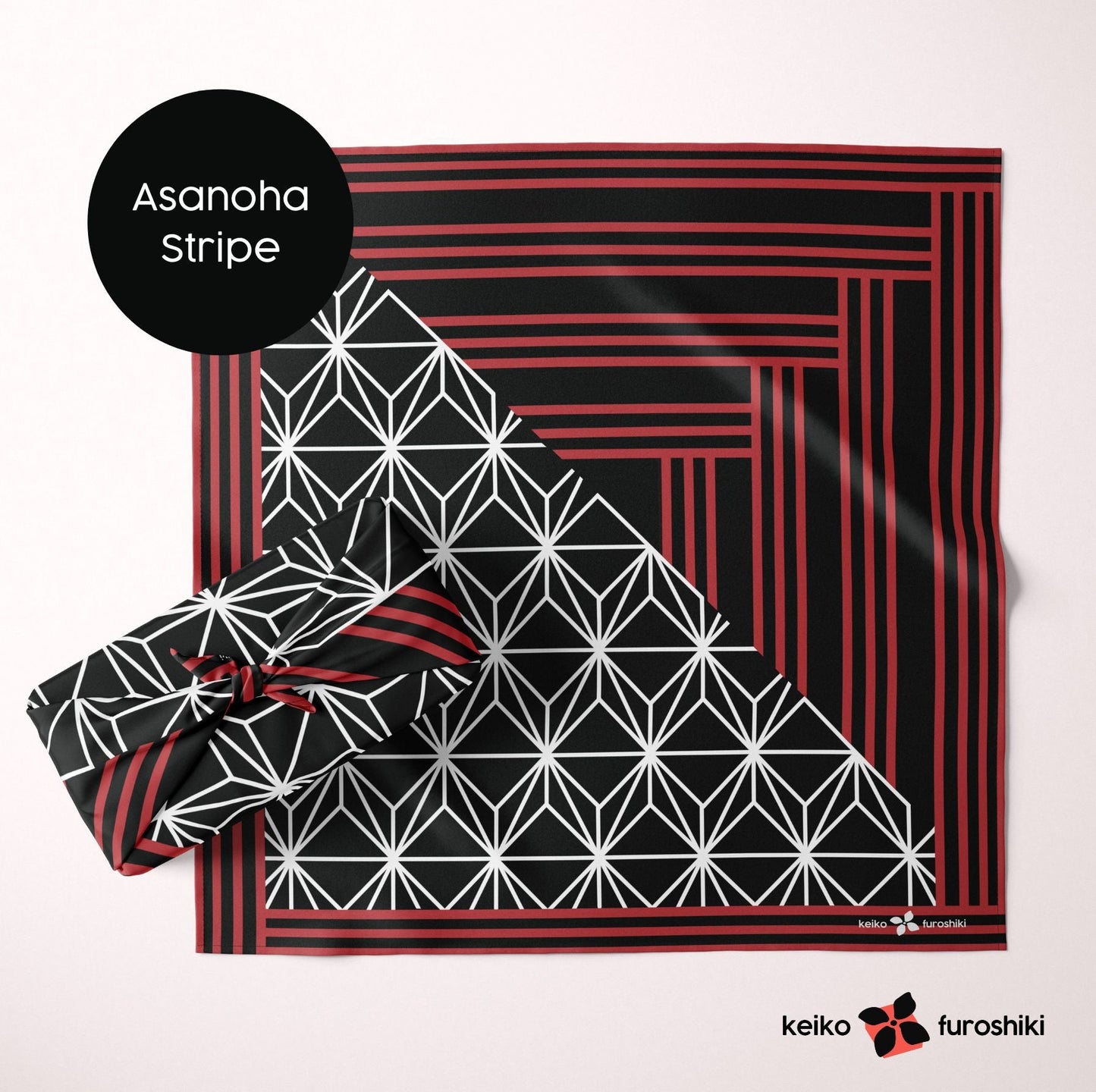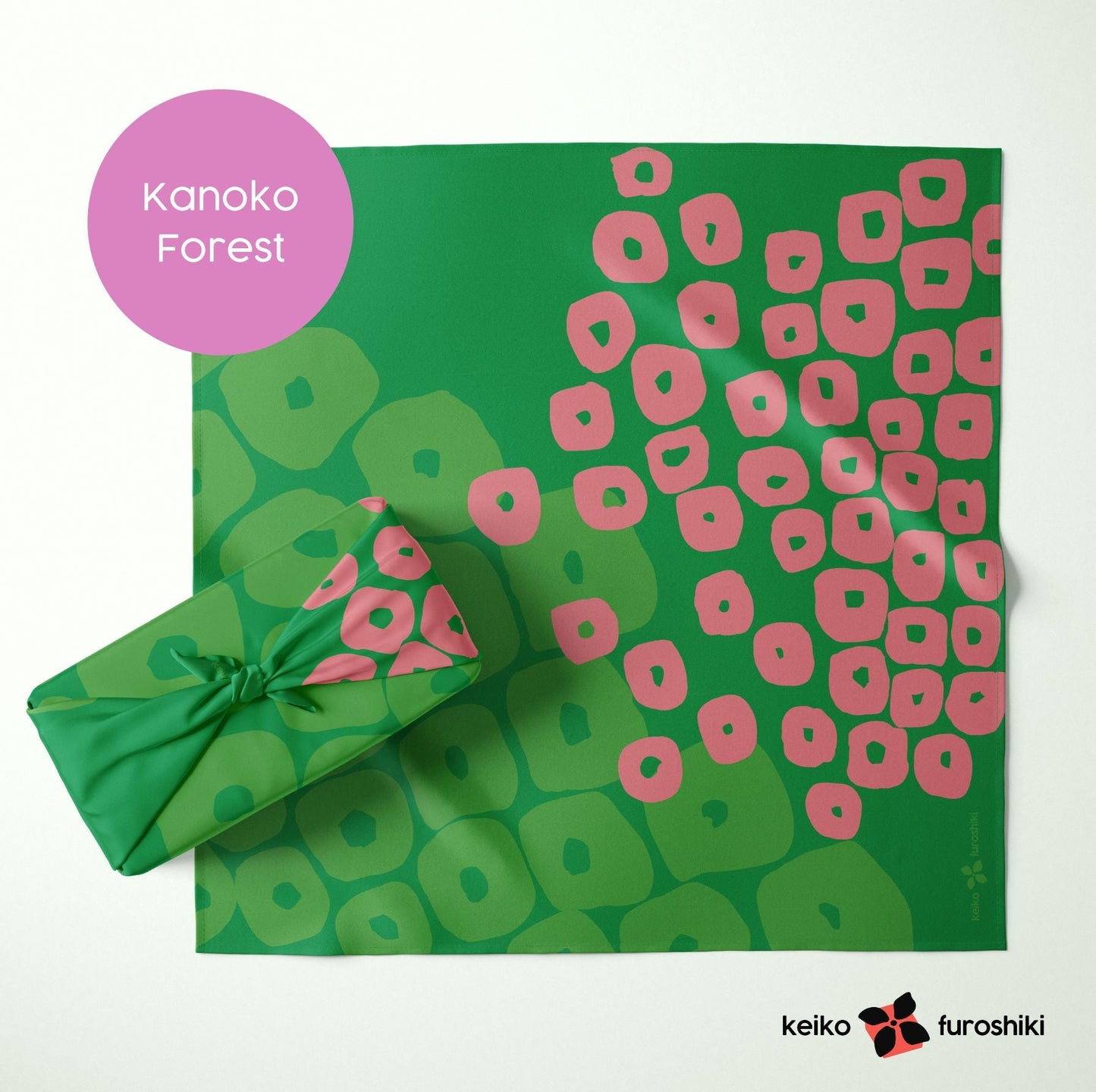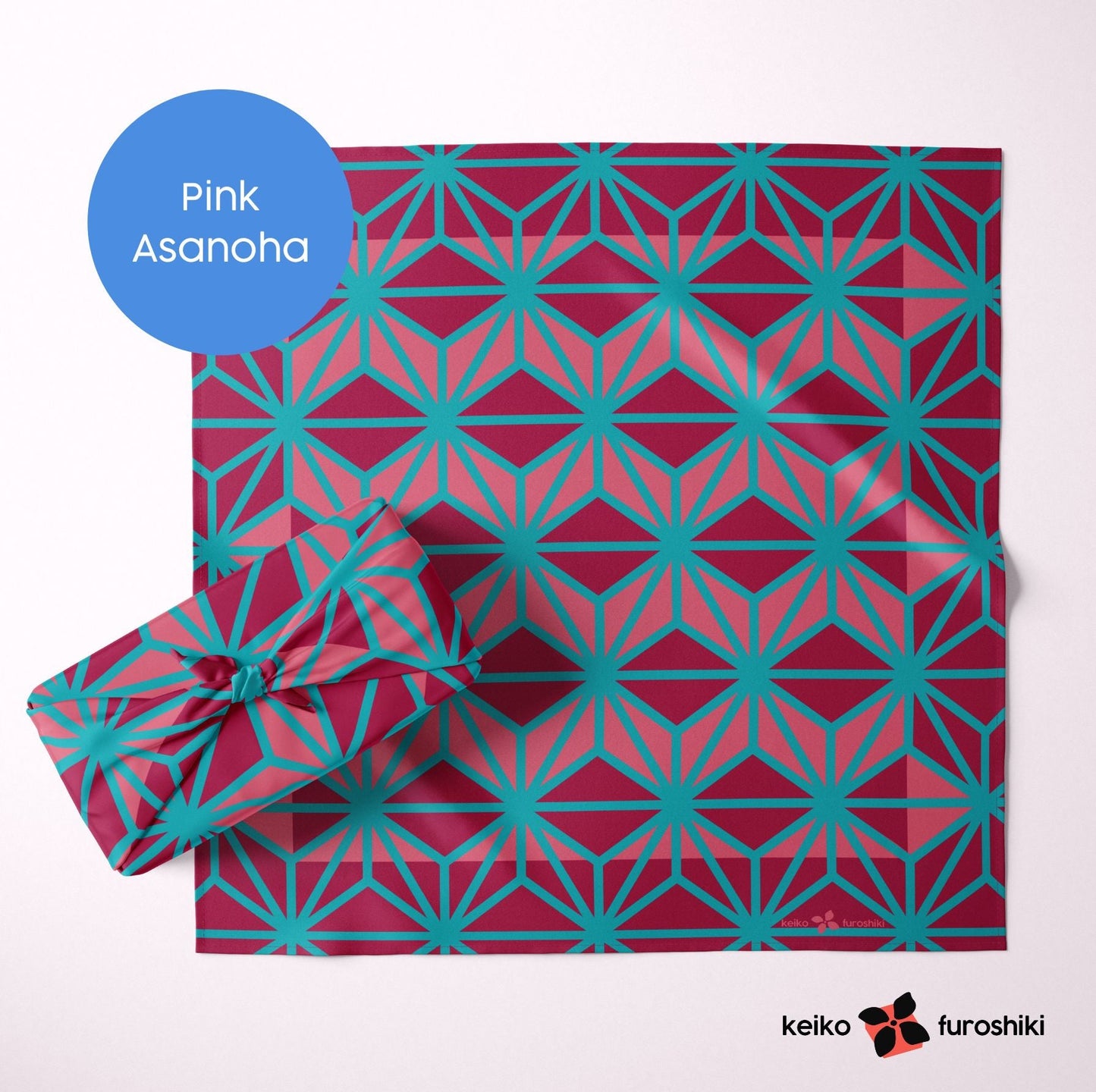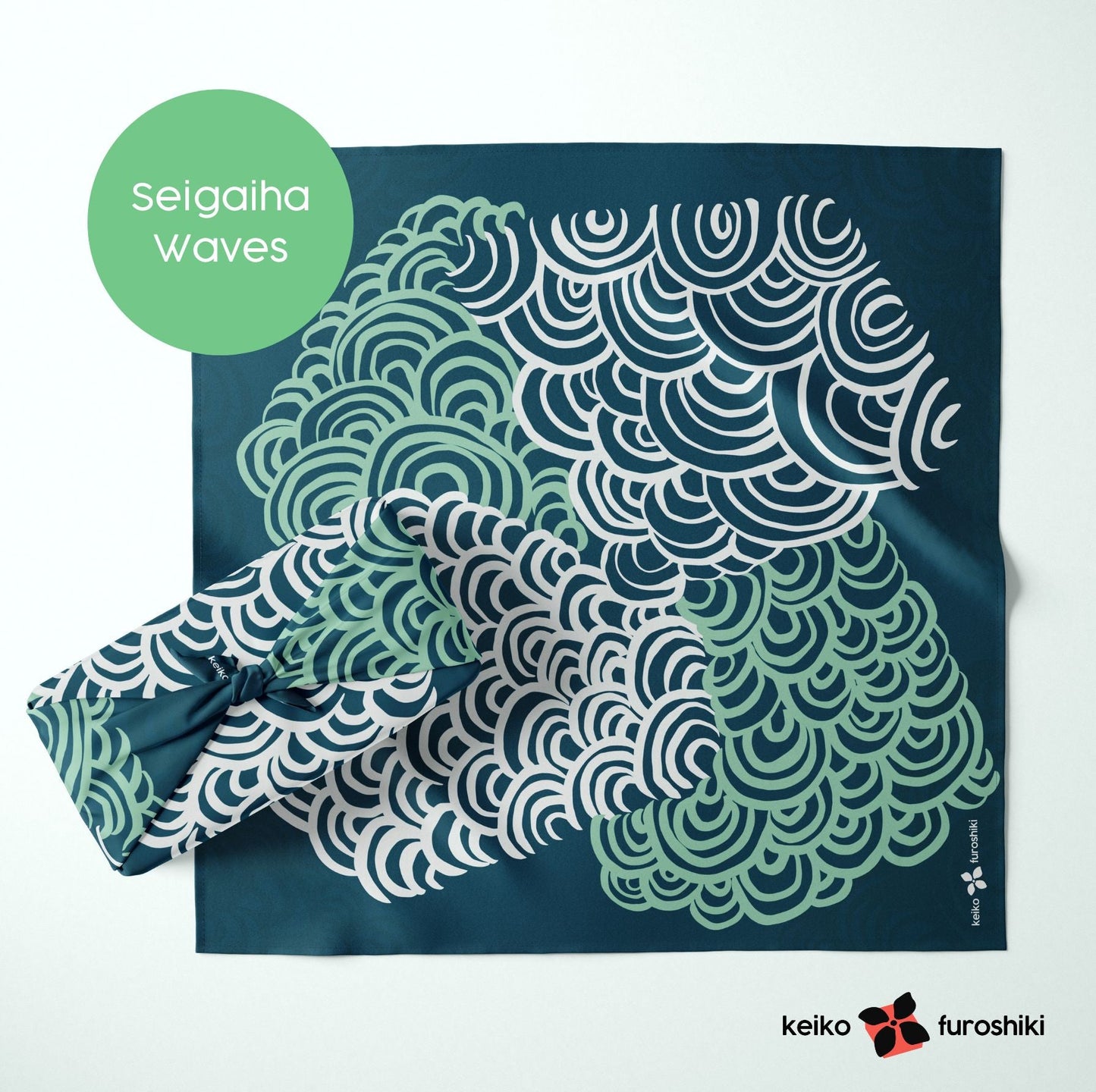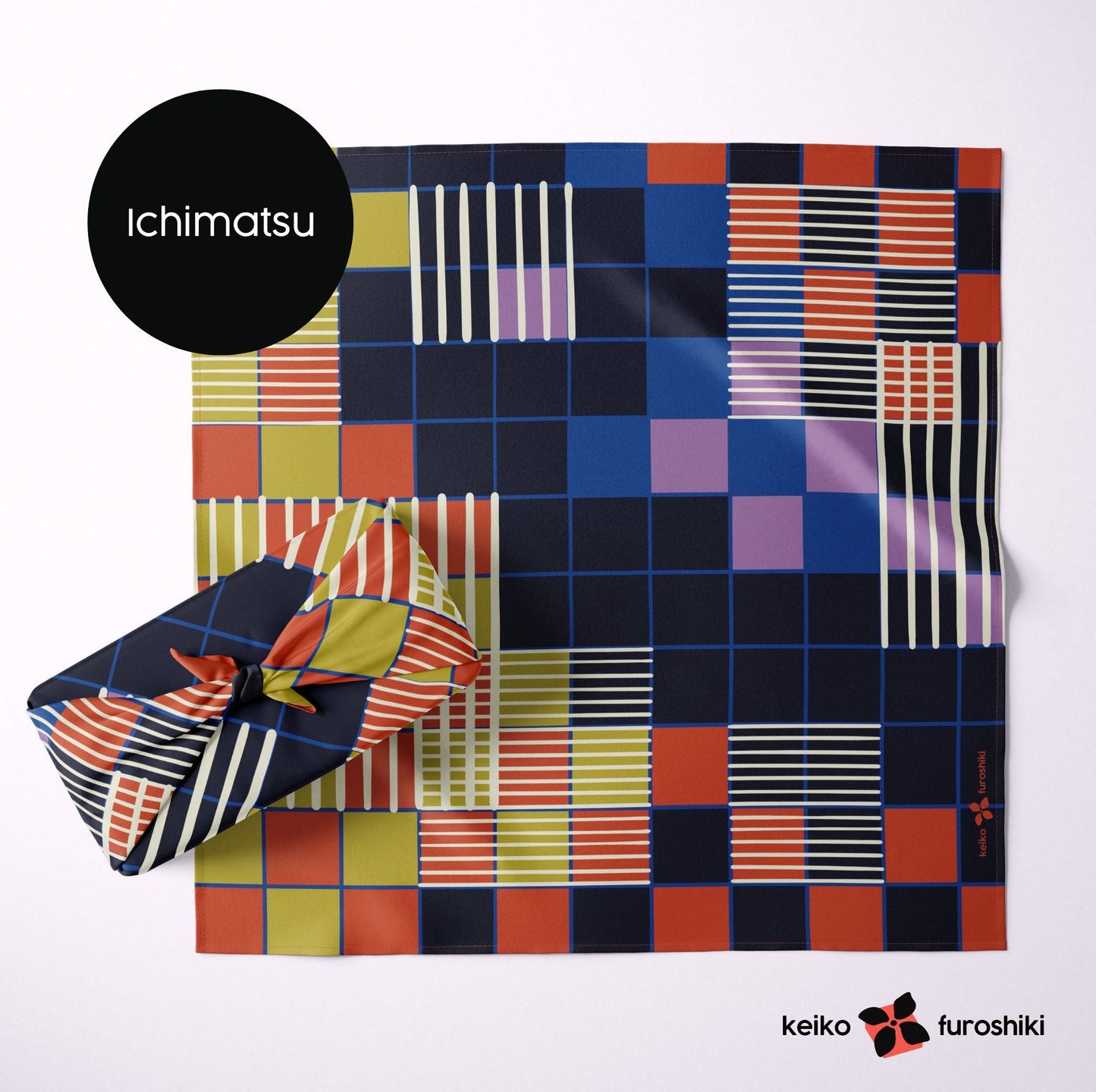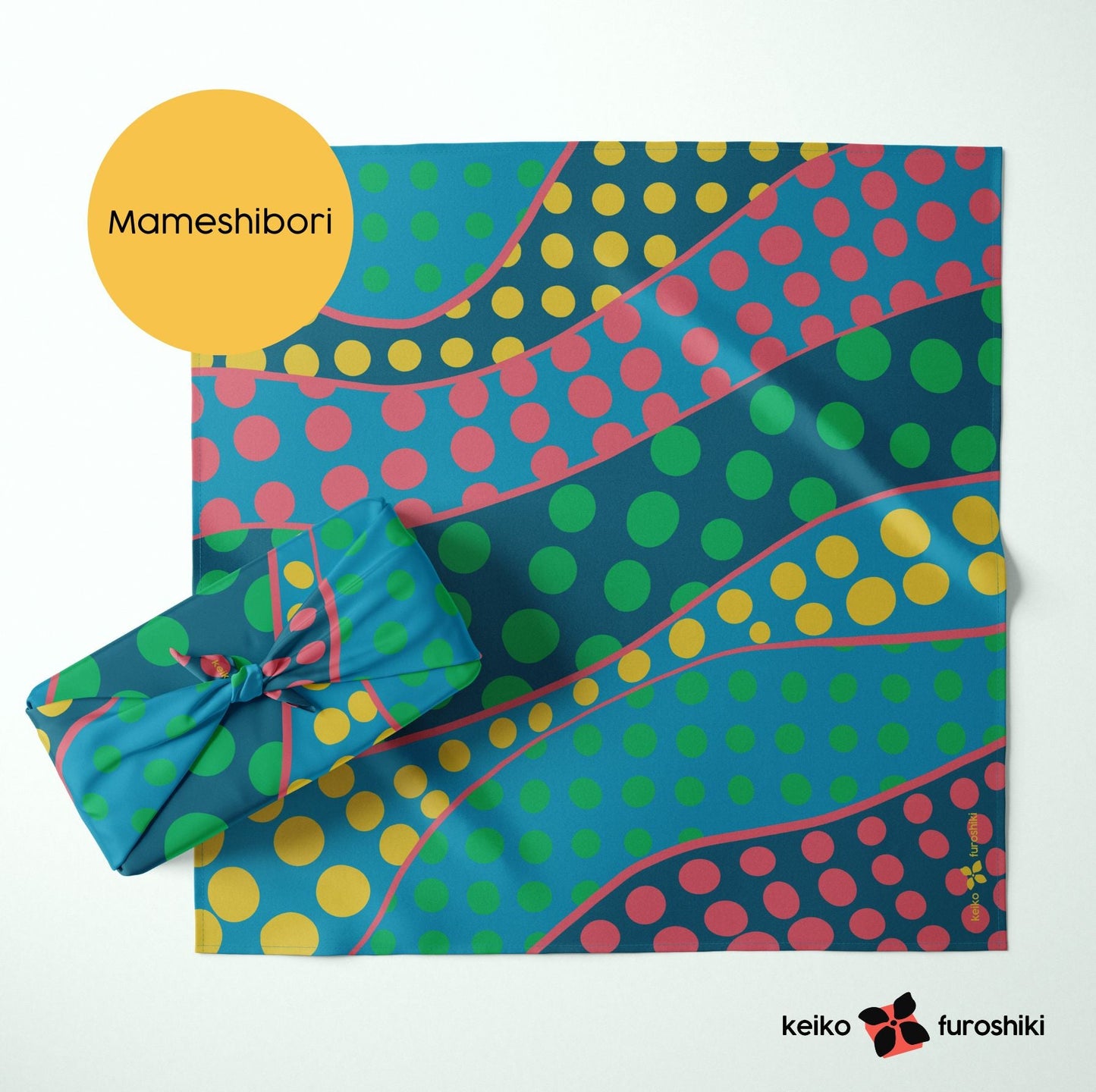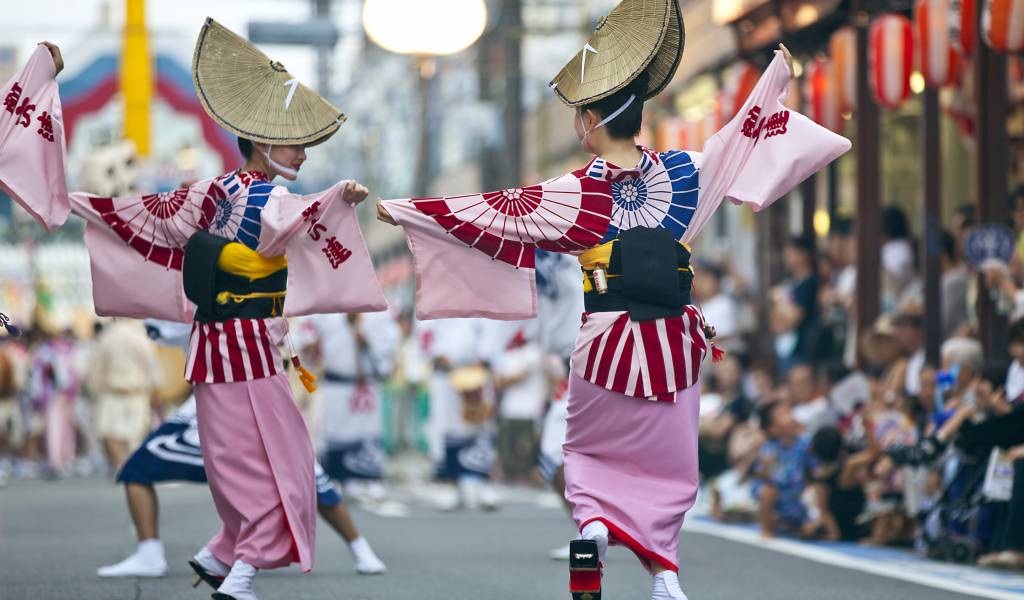
Major Holidays in Japan: A Cultural Guide to Traditions and Sustainable Wrapping
Japan celebrates a variety of public holidays, each with its own unique cultural significance. This blog post will explore the major holidays in Japan, including traditional Japanese holidays and Western holidays that have been adopted and adapted to Japanese culture.
In many of these Japanese and Western holidays, furoshiki play an important role as a versatile and eco-friendly wrapping option. Traditionally used in Japan for centuries, furoshiki are square pieces of cloth that can be folded and tied in various ways to wrap gifts, carry items, or even serve as fashionable accessories. During holidays like Christmas, Valentine’s Day, and even traditional Japanese celebrations, furoshiki offer a beautiful and sustainable alternative to paper gift wrapping. The art of wrapping gifts in furoshiki not only adds a personal touch to the present but also reflects a commitment to environmental consciousness, making it an ideal choice for modern celebrations in Japan and beyond.
January (一月/いちがつ/Ichigatsu)
Japanese New Year (元日/がんじつ/Ganjitsu)
On January 1st, Japan celebrates the New Year, also known as Shōgatsu or Oshōgatsu. This is one of the most important holidays in Japan, where families gather to welcome the new year with traditional foods and customs. People often visit temples at midnight on December 31st to ring in the new year by ringing giant bronze bells. Many businesses close for the first three days, though some shops open on January 2nd.

Coming of Age Day (成人の日/せいじんのひ/Seijin no Hi)
Celebrated on the second Monday of January, Coming of Age Day honors young adults who have reached the age of 20, the legal age of adulthood in Japan. Local governments hold ceremonies to congratulate these new adults, who often wear traditional attire such as kimonos.
February (二月/にがつ/Nigatsu)
National Foundation Day (建国記念の日/けんこくきねんのひ/Kenkokukinen no Hi)
National Foundation Day on February 11th commemorates the founding of Japan as a nation. It is a day for Japanese citizens to reflect on their country's history and development.
The Emperor’s Birthday (天皇誕生日/てんのうたんじょうび/Tennōtanjōbi)
Celebrated on February 23rd, this holiday honors the birthday of the reigning Emperor Naruhito. Public celebrations include a speech by the Emperor and a rare opening of the Imperial Palace to the public.
March (三月/さんがつ/Sangatsu)
Vernal Equinox Day (春分の日/しゅんぶんのひ/Shunbun no Hi)
Vernal Equinox Day, celebrated on March 21st, marks the beginning of spring. Japanese people often visit family graves to pay their respects and celebrate the changing of the seasons.
April (四月/しがつ/Shigatsu)
Shōwa Day (昭和の日/しょうわのひ/Shōwa no Hi)
Shōwa Day, celebrated on April 29th, honors the birthday of Emperor Shōwa. It is a day for reflecting on Japan’s history during the Shōwa era.
May (五月/ごがつ/Gogatsu)
Constitution Memorial Day (憲法記念日/けんぽうきねんび/Kenpō Kinenbi)
On May 3rd, Japan celebrates Constitution Memorial Day, marking the enactment of the post-war Constitution in 1947. It is a day to reflect on democracy and peace in Japan.
Greenery Day (みどりの日/Midori no Hi)
Greenery Day, celebrated on May 4th, encourages communion with nature and appreciation for its blessings. Originally connected to Emperor Shōwa, it has since become a day for environmental awareness.
Children’s Day (こどもの日/Kodomo no Hi)
Children’s Day on May 5th celebrates the happiness and growth of children. Families fly colorful carp-shaped streamers called Koinobori and display samurai dolls in their homes to wish for strength and success for their children.
All these May celebrations together make up Golden Week, celebrated across Japan.

July (七月/しちがつ/Shichigatsu)
Marine Day (海の日/うみのひ/Umi no Hi)
Marine Day, celebrated on the third Monday of July, is a day to give thanks for the ocean's bounty and to consider the importance of the ocean to Japan as a maritime nation. It was designated as a national holiday in 1995.
August (八月/はちがつ/Hachigatsu)
Mountain Day (山の日/やまのひ/Yama no Hi)
Mountain Day, observed on August 11th, is a relatively new holiday established in 2016. It encourages people to appreciate Japan’s mountainous landscape.
September (九月/くがつ/Kugatsu)
Respect for the Aged Day (敬老の日/けいろうのひ/Keirō no Hi)
Respect for the Aged Day, celebrated on the third Monday of September, honors elderly citizens. It is a day for families to show their appreciation for the older generations.
Autumnal Equinox Day (秋分の日/しゅうぶんのひ/Shūbun no Hi)
Autumnal Equinox Day, observed on September 22nd or 23rd, marks the transition from summer to autumn. Like Vernal Equinox Day, it is a time for paying respects to ancestors. It's also time for the new moon festival called Tsukimi.
October (十月/じゅうがつ/Jūgatsu)
Sports Day (スポーツの日/Supōtsu no Hi)
Sports Day, celebrated on the second Monday of October, commemorates the opening of the 1964 Tokyo Olympics and promotes sports and an active lifestyle.
November (十一月/じゅういちがつ/Jūichigatsu)
Culture Day (文化の日/Bunka no Hi)
Culture Day, observed on November 3rd, promotes culture, the arts, and academic endeavors. It is a day for celebrating Japan's rich cultural heritage.
Labor Thanksgiving Day (勤労感謝の日/きんろうかんしゃのひ/Kinrō Kansha no Hi)
Labor Thanksgiving Day, celebrated on November 23rd, is a day to give thanks for workers and the fruits of their labor. It is similar to Thanksgiving in the United States, but with a focus on labor and production.
Do they Celebrate Western Holidays in Japan?
Christmas
Christmas in Japan is celebrated primarily as a secular holiday, with a focus on festive decorations, gift-giving, and romantic dinners. Unlike in the West, Christmas is not a public holiday in Japan, and it is often viewed as a time for couples rather than a religious celebration. Christmas Eve is particularly popular for couples, who exchange gifts and enjoy special meals.

A unique tradition has developed: eating KFC (Kentucky Fried Chicken). This custom started in the 1970s with a successful marketing campaign by KFC, and it has become so popular that many people pre-order their fried chicken buckets months in advance.
In addition to KFC, many Japanese people enjoy a Christmas cake, typically a light, airy sponge cake decorated with whipped cream and strawberries. It's often enjoyed on Christmas Eve, which is considered a romantic holiday in Japan, somewhat akin to Valentine's Day.
Valentine’s Day
Valentine’s Day in Japan is celebrated with a unique twist. On February 14th, women give chocolates to men, often differentiating between Giri-choco (obligation chocolates) for colleagues and Honmei-choco (true feelings chocolates) for someone special. A month later, on March 14th, men reciprocate with gifts on White Day, a holiday unique to Japan.

Halloween
Halloween has grown in popularity in Japan, particularly in urban areas like Tokyo. The holiday is celebrated with costume parties, parades, and themed events. Unlike in the West, where trick-or-treating is common, Halloween in Japan is more focused on dressing up and enjoying the festive atmosphere.
Easter
Easter is not widely celebrated in Japan, but it has gained some attention in recent years due to commercial promotions by businesses such as confectionery companies and theme parks. The celebration is typically limited to egg-themed decorations and activities, without the religious significance seen in Western countries.
Cultural Adaptation of Western Holidays
Western holidays in Japan have been adapted to fit Japanese culture and societal norms. For example, Christmas has become a time for romantic gestures rather than a religious celebration. Valentine’s Day and White Day create a unique exchange of gifts that highlights the Japanese emphasis on reciprocity and social harmony. Halloween has evolved into a celebration of creativity and cosplay, reflecting Japan’s love of festivals and costumes.
These adaptations show how Japan has embraced global traditions while making them distinctly Japanese. The blending of Western and Japanese customs creates a unique cultural landscape where both traditions coexist and complement each other.


